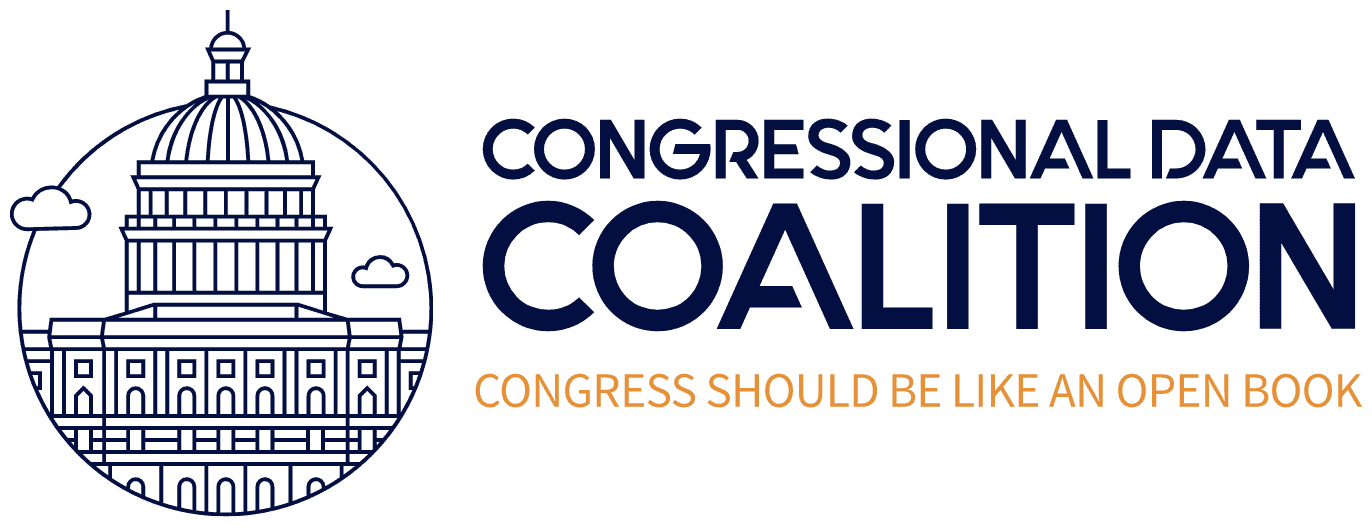On December 16th, a panel of senior parliamentary officials and legislative technologists from across the Portuguese-speaking world offered a rare, comparative view into how legislatures are digitizing their work—and what breaks when they do. The conversation brought together Luís Kimaid (Bússola Tech) as moderator, Pedro de Neri, Secretary-General of Angola’s National Assembly, Luiz Fernando Bandeira de Mello, former Secretary-General of the Brazilian Federal Senate, Hugo Tavares of Portugal’s Assembly of the Republic, Ambrósio Alves Soares of Mozambique’s Assembly of the Republic, and Juliano Bringer of Ágape Consulting.
Read more: What Congress Can Learn from Lusophone Parliaments About Modernization and AITaken together, their experiences span parliaments at very different stages of institutional maturity—but they surface a common set of second-order lessons that should resonate in Washington.
Across countries, the panelists converged on a counterintuitive insight: technology is rarely the hard part. The real constraints are political sequencing, procedural design, and institutional trust. Angola and Brazil demonstrated that starting with administrative dematerialization—budget workflows, document circulation, signatures—created the political and cultural conditions necessary to later digitize the core legislative process itself. Portugal, by contrast, illustrated a different challenge: once systems mature, frequent changes to rules and procedure become the primary obstacle to further automation.
Continue Reading